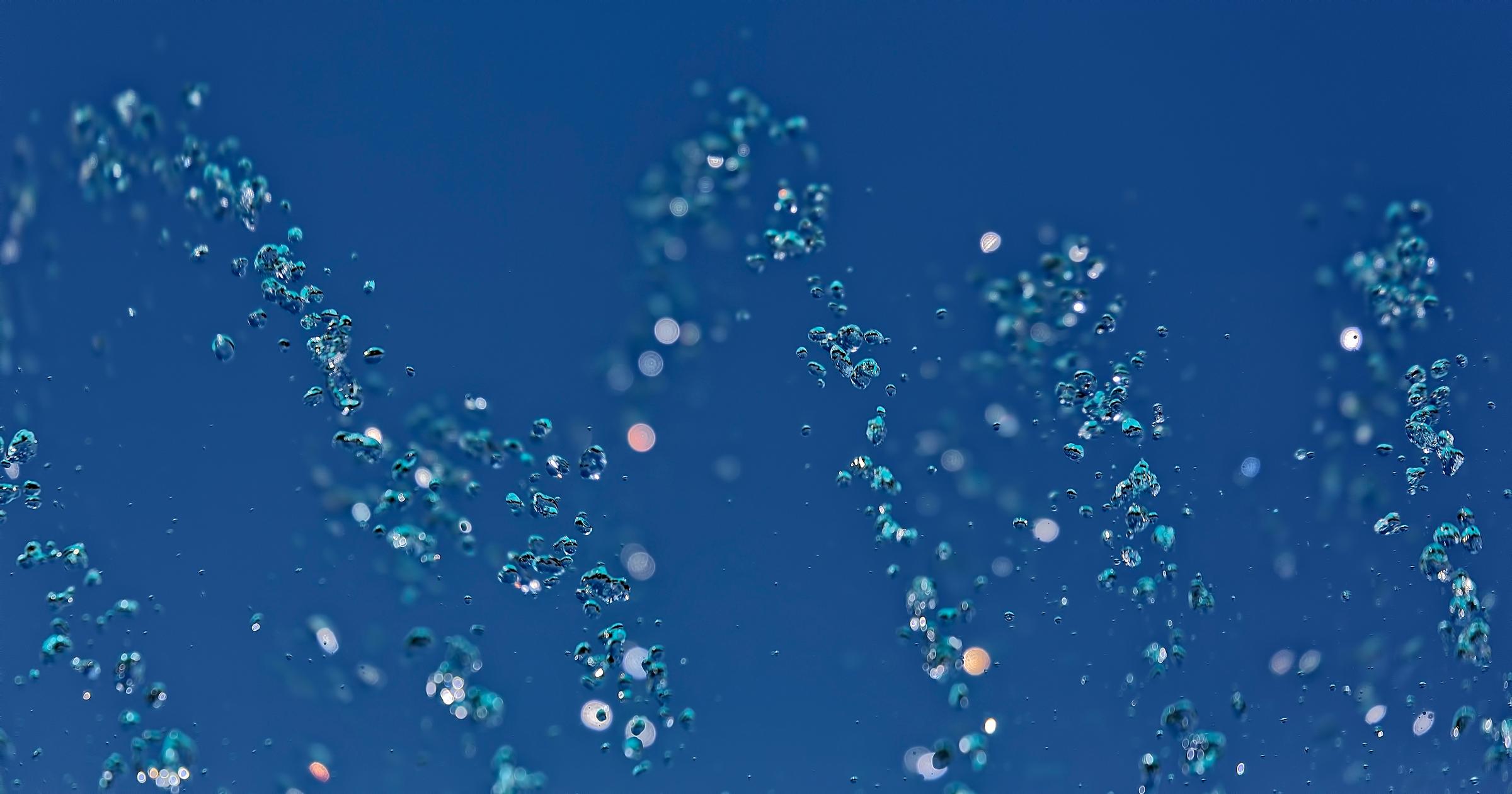SCIENCE

SCIENCE AS A HUMAN ENDEAVOUR
Science as a Human Endeavour is an innovative strand of the Australian Curriculum. This strand highlights the development of science as a unique way of knowing and doing, and the importance of science in contemporary decision-making and problem-solving. It acknowledges that in making decisions about science practices and applications, ethical and social implications must be taken into account.
This strand also recognises that science advances through the contributions of many different people from different cultures and that there are many rewarding science-based career paths.
Our students in Years 7-9 undertake specific tasks that explore an aspect of contemporary Science with a particular emphasis on the interaction between society and the application and use of scientific knowledge, the influence and development of new technologies, or the design of solutions to problems. For instance, our Year 7s will apply their understanding of water chemistry later in the semester to design and test a home-made filter to purify a sample of dirty water. By doing this, they will gain an understanding of how their scientific understanding can be applied to help solve the global water crisis.
Our Year 8s are currently researching energy production, studying the differences between renewables and non-renewables to understand the social, economic and ethical implications of each source. Our Year 9 ELMs students will conduct a literary review, describing and evaluating information to produce a written scientific essay on a disorder of the nervous/endocrine system.
We encourage our students to talk to their parents and other caregivers about what they’ve learnt in these tasks, and how this scientific understanding can be applied in the real-world. Acknowledging and encouraging your children’s interests and natural abilities in science will help them further develop their interests and abilities over time.
YEAR 8 PARACHUTE INQUIRY
Students in Year 8 Science have been exploring the inquiry skills critical to scientists; posing questions, making decisions, designing plans and experiments, discussing, collaborating, communicating results and providing justified answers and explanations. As a way of applying these skills students have been working in small groups to design and test a parachute, investigating how one variable can affect the drop time for a parachute.
For instance, one group investigated the effect of the surface area of the parachute on drop time, while another group considered the volume/mass of the dummy inside the parachute and how it might affect drop time. All in all, students loved the opportunity to showcase their inquiry skills on this engaging task.
Cherie Marks
Head of Science
